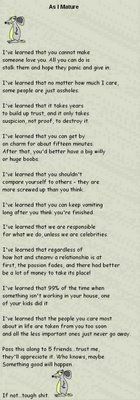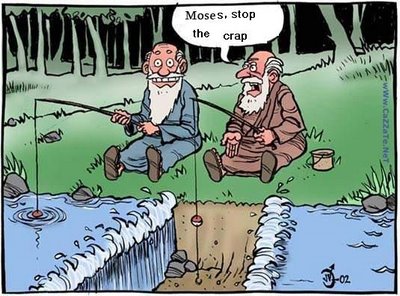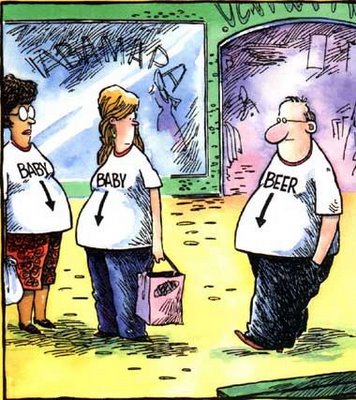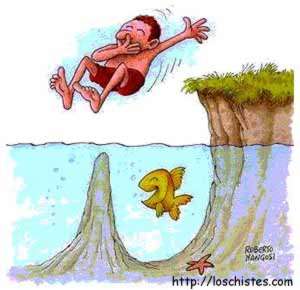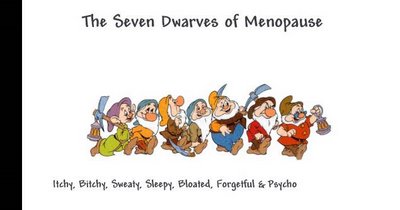1st, 10th, 19th, 28th
Of any month you are number 1.
2nd, 11th, 20th, 29th
Of any month then you are number 2.
3rd, 12th, 21st, 30th
Of any month then you are number 3.
4th, 13th, 22nd, 31st
Of any month then you are Number 4.
5th, 14th, 23rd
Of any month then you are number 5.
6th, 15th, 24th
Of any month then you are number 6.
7th, 16th, 25th
Of any month then you are number 7.
8th, 17th, 26th
Of any month then you are number 8.
9th, 18th, 27th
Of any month then you are number 9.
Number 1
You are smart, a straight talker, funny, stubborn, hardworking,
honest, jealous on a competitive basis, kind hearted, temperamental, friendly,
and popular. You always want to be on the top and most likely to be
independent. You are most lik ely to fall in love at a young age, but
will marry once you mature! You are likely to have problems with people who
have opposite views and you are most likely to take revenge over your
enemies in a long time basis. You are a spender, but you will have a
good profession in the future. If you are guy you will be very popular. You
can go anywhere from the local shop to the heart of the parliament because
you are positive and talented in numerous areas. But in your life you will
always have some people who will work hard to bring you & your name
down.
Because of your intelligence, some might hate you. You are a pioneer,
independent & original your best match is 4,6,8 while a good match
would be with 3,5,7
Number 2
No matter what, every one will love you because you are ruled by the
Moon. You daydream a lot, you have a very low-self esteem, you need to have
a back up for every move in your life, and you are very unpredictable.
You tend to change according to time and circumstances, selfish, have a
very strong sense of musical and artistic talent and powerful verbal
communication. You can be sweet as an angel and can be ruthless when
double-crossed. Some might say you have a sixth sense. You will become
a poet, writer, an artist or a businessperson. Y ou are not strong in
love, so your relationship will be in disarray until you settle down. If you
are a girl, you will be responsible for your family. If you are a man, you
tend to get involve in fights & arguments in the family. You will
sacrifice your life for your family. You are gentle, intuitive with a
broad vision. You make a well-balanced person. Your best match is 2,
7,5, and 9 no other people can put up with you!!!
Number 3
You are hardhearted and selfish most of the time. You always tend to
have lots of problems within your family in the early stages but you will
be able to cope with everything. You seem to have your way in everything.
And from birth you would always have to work hard to achieve anything you
want. You always make a point to set examples on others, especially
the younger ones. Generally you are not a cool person. It's not easy
dealing with you. A tough player you are! But once you are comfortable with
someone, it will be a lasting friendship. You always earn respect from
others. Your Ilk seems to have lots of worries and problems but they
won't be for long. You will have brilliant kids! You love money a bit too
much so temptation will push you to try endlessly. You will look after your
family and help friends, so you will spend a life time just being
generous and kind (except for men born on the 21st). You love your freedom,
creative and ambitious, a person who brings beauty, hope & joy to this
world!!! Your best match 6 and 9. Good match 1, 3, and 5
Number 4
You are very stubborn, very hard working but unlucky in important
matters in life, very cool and helpful. You might repel people away from you,
you may cause nuisance to others if you area man, as you gifted are with
understanding other people's problems. If you are a girl, you excel in
your studies and arts. If you are a guy you spend most of your time
with girl friends and you tend to have too much fun with your mates &
girls.
Your friends will spend your time & money and get on with their life
and you will be left empty handed. So be careful! You love to spend. Your
positive side is that you are always around to help family and
friends.
You always fall in love with those younger than you. You often live
with disappointments but you will take good care of your family. You need
to be careful of people who will take advantage of your kind heart. And
beware of your relationships too. You are radical, patient, persi stent, and
a hit old-fashioned; you live with foundation & order. Your best match
1, 8. Good match 5, 6, and 7
Number 5
You are very popular and you can get things done only by talking. Even
to your enemies! You are business-minded and like to do things
spontaneously. You will be famous if you get involved in any business. Your friends
and families will always ask for your help, and you are the one actually
with the money to help your friends. You will have more than one
relationship, but when you settle down you tend to be selfish. You tend to go for
other relationships - even if you are married at times because of your
popularity. You tend to get along easily with anyone because the
numbers is a middle number. You love freedom and changes. You learn your life
through your personal experiences. Your best match 1, 2, Good match 6, 8.
Number 6
Ooopppss.. You were born to enjoy! You don't care about others. I mean
you always wanted to have a lifetime of enjoyment. You will excel in
either education or business management! You are talented, kind (but with
only people who you think are nice), and popular . All good things come
easily to you. Your mind and body is just made perfect for love. You are
loveable by any number. But if you are a number 6 men, you will be involved in
more than a few relationships until you get married. If you are a girl,
most of you will get married/engaged early. You are a caring person towards
your family and friends. You are a person of compassion, comfort &
fairness, domestic responsibility, good judgment, and after all you can heal
this world's wounds to make peace for everyone because you have the great
power and caring talent to take the world of love one step further.. Your
best match 7, 6, and 9. Good match 4, 5
Number 7
You are realistic, confident, happy, and talented in education, music,
art, singing, and most importantly in acting. You also have a bad
temper!
You value your family status a lot; you will be in the top rank when
you reach a certain age. If you are a guy you are popular with girls. Most
of the number 7s face lots of problems with their married life. Only a
few are happy. You have everything in your life but with worries
throughout your lifetime. You need to get ready looking for a partner rather than
waiting. If you don't, then you might end-up being single. You are
born to contribute to everyone's joy. Your best match is 2. Good matches are
1,4
Number 8
You have a very strong personality and people will find it hard to
understand you. You are more likely to suffer in your younger year s.
You might be also the one responsible to look out for your family. You
often suffer all the way through life. You will learn life in a very
practical way. You are the one who will fight for justice and may even die in
the war too. You are normally very reserved with a handful of friends and
most of the time, live life alone and always prepared to help others.
However, once you settle down, (which is often late), then your had lucks will
disappear. You will face unexpected problems such as encountering
poisonous animals, and accidents. You are highly- disciplined,
persistence, and courageous, and it is your strength that will take
you to success. You are a great part of a family team. You are a fighter!
Your Best match 1, 4, and 8. Good match 5
Number 9
You guys are the most incompatible people in the world. You are so
strong, physically and mentally. You often have big-aims. You will work hard
and will think it's still hard to get there, even if you already have
gotten there! Normally you suffer in the early age from family problems and
generally you will have to fight in life. You are respected by others.
You were however very naughty in your childhood, and often got beaten up
by your parents and had be en involved in fights and you seemed to have
suffered lots of injuries. But when you grow older you become calm and
will fall into the quiet and dignified macho type. Love is not an easy
matter for you. You are however good in engineering or banking jobs
because people always trust you. Your family life is very good, but
you will always worry over your children. Your finer qualities are that
you are humanitarian, patient, very wise & compassionate. You are born to
achieve targets and serve every one equally without any prejudice. You
are a role model for everyone. Your best match 3, 5,6, and 9. Good match 2


